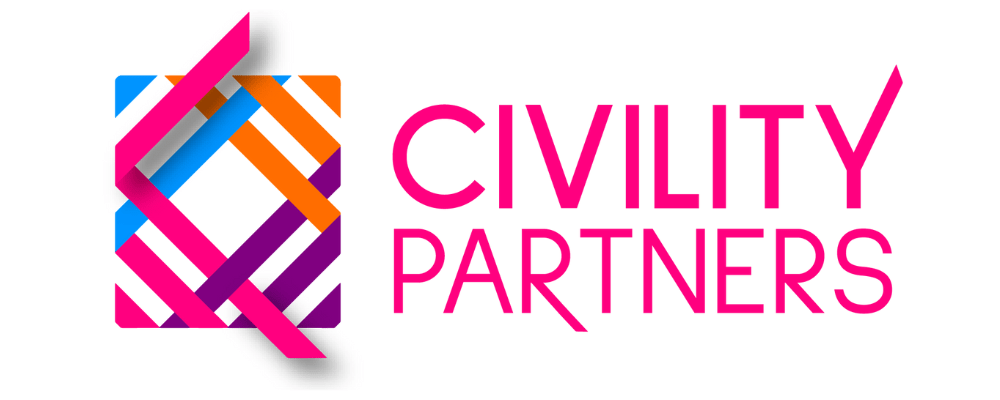The United Nations Women found that about 1 in every 3 women has been sexually harassed at work.
3 out of 4 of them never report it to a manager, HR or anyone else.
Imagine a world where every woman is treated with the respect and dignity she deserves. Unfortunately, our reality falls short of this ideal.
Instead, women face a multitude of challenges, ranging from verbal abuse to physical assault, all stemming from a fundamental lack of respect manifesting through catcalling on the streets or dismissive remarks in professional settings.
Barriers Reporting Harassment for Women
Women have long faced challenges in speaking up about workplace harassment, and the current state of economic uncertainty and job instability could be exacerbating this issue.
Experts from the legal, academic, and HR fields suggest that the decline in reporting may be attributed to a variety of reasons:
- According to the U.S. Equal Employment Opportunity Commission, 75% of workplace harassment victims experienced retaliation when they spoke up
- Some women hesitate to report to avoid appearing as victims or seeking attention
- Feelings of embarrassment
- Expecting reporting will consume too much time.
- Fearing bad things might happen, like losing friends or the job, and worrying about being blamed.
In California, effective January 1, 2024, Assembly Bill 933 (AB 933) expands the scope of privileged communications to include statements made by individuals, provided they were made without malice, concerning incidents of sexual assault, harassment, or discrimination. This privilege extends to individuals who, at any point, had valid grounds to file a complaint regarding such matters, regardless of whether the complaint was actually filed or not.
What We Observed:
Regardless of gender, many people have experienced harassment in their lives. Here are additional reasons we’ve discovered while working with companies to address harassment cultures:
- They worry that reporting harassment could hurt their chances of getting promoted or even lead to them losing their job.
- Employees don’t trust HR because they think:
- HR is more interested in pleasing the bosses than helping them.
- HR reports to the person causing harassment.
- If top bosses behave badly, employees might think it’s normal or be told to ignore it, which makes the problem worse.
- When employees do talk to HR about issues, they often feel ignored or like their concerns aren’t taken seriously. This makes them less likely to speak up again.
You want your employees to speak up for themselves and others when they’re uncomfortable, so it’s important to create a culture that encourages people to do that. But oftentimes, harassment prevention training focuses on legalities or managerial tips only.
True prevention requires teaching human skills like communication, empathy, and challenging stereotypes. These skills are key to fostering a culture of respect and understanding that can effectively prevent harassment and negative behaviors at work.
Explore our training programs in these areas tailored to your organization’s needs, along with our Culture Change Consulting services. You can also access our course on Preventing Harassment in the Workplace for FREE!
If you have any questions, feel free to check out our FAQ page or reach out to us!
The Civility Partners Team
The post Why it’s Getting Harder for Some Women to Report Harassment appeared first on Civility Partners.
“We are committed to helping your organization meet its goals by partnering with you to develop and deliver systemic solutions to negative workplace behaviors. We will partner with you to build a positive and healthy work environment so your employees can thrive.
We don’t focus on the corrective actions involving eradication of problems and negativity, we focus on finding solutions that create a safe and civil workplace – and there’s a difference. Focusing on solutions creates preventative and sustainable change.
Negative and aggressive workplace behaviors are systemic. In order to effectively remove them, holistic and system-wide solutions that are tailored to your organization and focused on prevention, not correction, are required.”
Please visit the firm link to site


